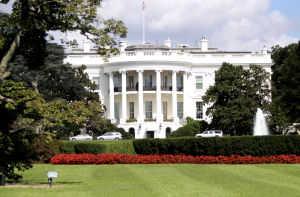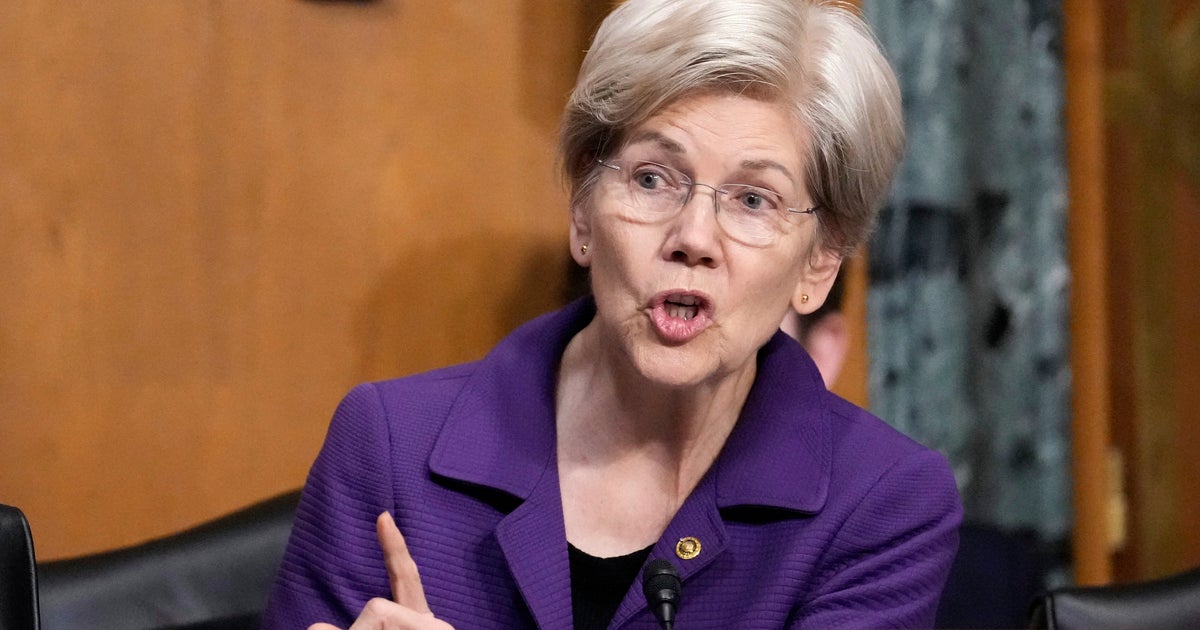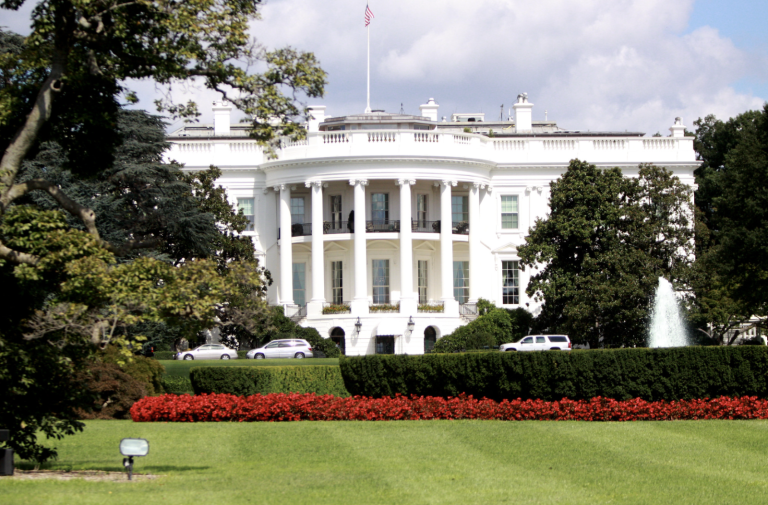WASHINGTON — Senate Democrats on Thursday filibustered a major cryptocurrency bill because it didn’t contain sufficient safeguards against corruption — including by the president of the United States, who promotes and sells digital assets of his own.
The move is a setback for the influential crypto industry, which lobbied hard on behalf of the bill and spent over a hundred million dollars on last year’s elections in hope of winning legitimacy as an industry from Congress and President Donald Trump.
The vote was 48-49, with GOP Sens. Rand Paul of Kentucky and Josh Hawley of Missouri joining every Democrat in opposition.
The bill, titled the Guiding and Establishing National Innovation for U.S. Stablecoins, or GENIUS Act, would have set up new regulations for stablecoins, a category of digital asset whose value stays pegged to $1, making it more useful for transactions. The legislation would set up federal regulation over stablecoin issuers and what kind of assets they hold in reserve.
Sen. Elizabeth Warren (D-Mass.) led the opposition, saying a vote for the bill was essentially a vote for the president’s corrupt crypto schemes, including the May 22 dinner and reception he’s offering to the top 200 purchasers of his $TRUMP meme coin.
“The opportunities for corruption are enormous,” Warren said Thursday. “We know that one of Donald Trump’s business partners has been sent to jail, and the rumor is he’s looking for a pardon. What better way to make yourself favorable to Donald Trump than give him a good business deal on stablecoins? We know that there are countries that want to see tariff relief. What better way to put yourself in Donald Trump’s good graces than to offer him a great deal around his stablecoins?”
A group of crypto-curious Democrats initially supported the legislation and voted to advance it out of the Senate Banking Committee earlier this year. It looked like it would move forward on the Senate floor with bipartisan support until last week after several reports of Trump’s use of crypto to personally profit off the presidency and enrich his family to the tune of billions of dollars.
Democrats were negotiating with Republicans up to the last minute before Thursday’s vote to put stricter language in the bill, with some Democrats demanding a ban on the president profiting from digital assets while in office, but the two sides were unable to reach an agreement.
“While we’ve made meaningful progress on the GENIUS Act, the work is not yet complete, and I simply cannot in good conscience ask my colleagues to vote for this legislation when the text isn’t yet finished,” Sen. Mark Warner (D-Va.) said in a statement.
“I remain fully committed to getting this right,” he added. “I plan to continue working with my colleagues to strengthen this legislation and move it forward in a way that promotes innovation while protecting the interests of the American people.”
Sen. Ruben Gallego (D-Ariz.), a crypto supporter whose Senate campaign received $10 million in aid from the industry, tried to push the vote till next week to give the negotiations more time but he was rebuffed by Republicans, who said Democrats had ample opportunity to move forward.
“I’m just very disappointed,” Gallego told reporters on Thursday.
Sen. Cynthia Lummis (R-Wyo.), a top crypto advocate in Congress, said she was equally frustrated, faulting Democrats for “throwing monkey wrenches” into bipartisan talks by insisting the bill address Trump’s self-dealing.
Stablecoins may sound obscure to people unfamiliar with the crypto world and its many layers of jargon, but the bill is the first of two industry-backed pieces of legislation that would essentially enshrine crypto as part of the financial regulatory system, said Todd Phillips, an assistant professor at Georgia State University.
“Without these bills, there is still ambiguity and some question of where crypto stands, if it is permissible,” Phillips said. “These bills, by providing a regulatory framework, cement the industry’s legitimacy as part of the financial system.”
Some Democrats tried to downplay any opposition to the crypto industry, which has emerged as one of the top funders of federal campaigns in addition to its main role as an engine of financial speculation.
Gallego insisted that the president’s participation in the industry had nothing to do with his no vote. He said his group of pro-crypto Democrats weren’t pushing for a ban on crypto sales by a sitting president, an idea endorsed by Senate Minority Leader Chuck Schumer (D-N.Y.) and Sen. Jeff Merkley (D-Ore.).
“A lot of us had recognized that that made it very difficult for the Republicans. There’s some questions about the constitutionality of it,” Gallego said, adding that the holdup stemmed merely from “some national security issues and some consumer finance issues.”
Nevertheless, national Republicans pointed to the vote as a reason why supporters of crypto should rely only on the GOP to advance their interests in Congress.
“Republican leadership is the only path to real crypto wins in Congress,” National Republican Senatorial Committee Executive Director Jennifer DeCasper said in a statement. “Senate Democrats blocked critical, common-sense legislation that would have fortified America’s digital asset future, they chose partisan politics over results. We warned that Senate Democrats couldn’t be counted on, and we were right.”
Kristin Smith, CEO of the Blockchain Association, an industry lobbying group, said in a statement they were disappointed by the vote but “remain encouraged by the bipartisan engagement on this critical digital asset legislation.”
The bill is likely to get another chance at passage. Senate Majority Leader John Thune (R-S.D.), in a procedural move, voted against the measure on Thursday to allow himself the opportunity to bring it back up for a vote in the future.










